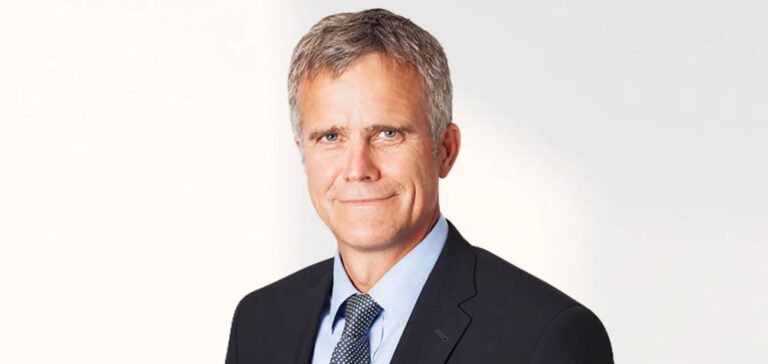BP’s chairman of the board, Helge Lund, has announced his intention to step down “in due course”, likely in 2026, according to a company statement released on 4 April. The board has initiated a selection process to appoint a successor, who will join the board and work alongside Lund to ensure an orderly transition.
The departure comes as the group strategically refocuses on its core oil and gas operations. Having declared high ambitions in energy transition from 2020, BP has gradually revised its environmental targets, citing an overestimation of the pace of global energy transition. This adjustment was confirmed in February by Chief Executive Officer Murray Auchincloss, who acknowledged the group had gone “too far, too fast”.
Internal restructuring and strategic refocus
In this repositioning context, the board’s oversight of the new strategy remains a priority, according to the official statement. The group reported a sharp annual net profit drop of 97%, prompting the announcement of 4,700 job cuts, equivalent to over 5% of its workforce. These measures reflect a drive for financial revitalisation, particularly through optimising high-margin activities.
This strategic pivot is accompanied by an increased shareholder return policy. BP’s partial withdrawal from its climate commitments follows similar decisions by other industry players, including Shell, also headquartered in the United Kingdom.
A tenure defined by strategic shifts
Helge Lund, a former executive of Nordic energy firms, was appointed chairman of BP’s board in 2019. His tenure has been characterised by initially strong climate ambitions, followed by major revisions in light of economic realities. The incoming chairman will take over a company undergoing a strategic transformation, facing increased expectations from financial markets and a changing regulatory environment.






















